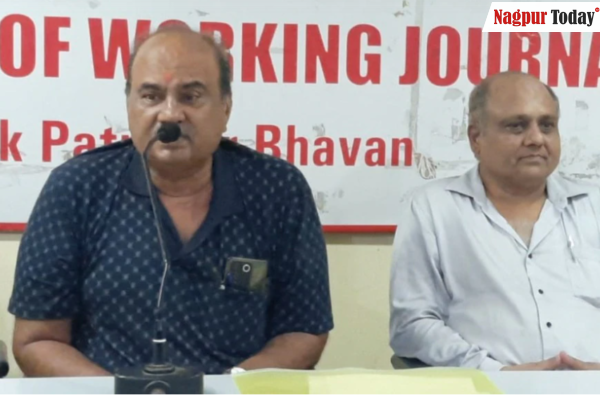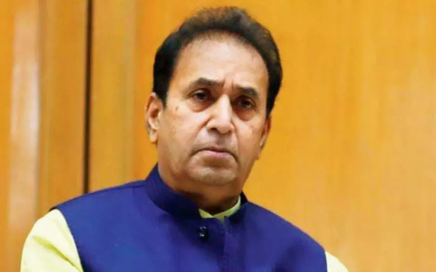Nagpur: Lending on credit is a traditional practice that keeps businesses running. Wholesale traders and manufacturers supply goods on credit, and retailers often pay half in cash and the rest on credit. This cycle extends to customers, with payments usually settled after a specified period. These transactions are built on trust, creating strong bonds between creditors and debtors over the years. However, recent events in Nagpur have disrupted this tradition, causing concern among traders who now feel compelled to seek police assistance, fearing the consequences of lending on credit.
Jayprakash Malaviya, President of Nagpur Sudhar Manch and a businessman, expressed his concerns at a press conference in Nagpur on Wednesday. He said, “Business cannot run without credit, but when debts are not paid and we approach the debtor, they send out women to accuse us of harassment or threaten to file complaints. If we insist, the police register cases against us based on these complaints. Many have abandoned their claims to protect their reputation, while some have even committed suicide due to the humiliation from police action. How can we recover our dues in such a situation?”
Malaviya highlighted the current plight of traders who face significant challenges. He explained that businesses extend credit as part of their operations, but when payments are overdue, they call the debtors, who often do not answer. Visiting the debtor’s workplace often yields no results, leaving them with no choice but to visit their homes, which can lead to police complaints and fear of legal action.
In the past few months, 29 trading families in Nagpur have faced this issue. A notable incident involved a trader who committed suicide, leaving behind a note naming 21 creditors, leading to police action against them. These traders lost their money and faced legal troubles, which Malaviya deemed unfair.
A representation was submitted to the Deputy Commissioner of Police (Zone 3), as Malaviya explained, highlighting the urgent need for intervention to protect the rights and interests of the traders.















